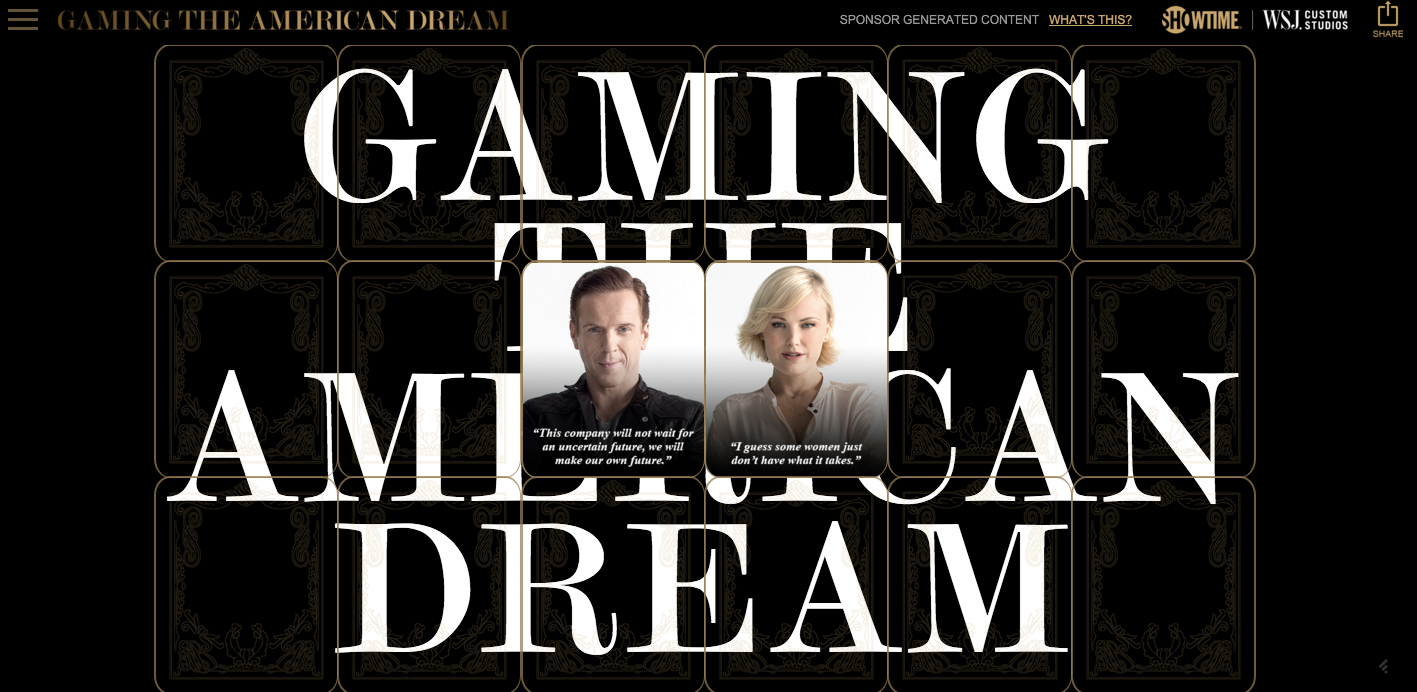Uncategorized
Uncategorized
Announcing: These companies are the winners of Tearsheet’s 2025 Marketing Awards
- This year's Tearsheet Marketing Award winners didn't just spend on conventional tactics—they reimagined what financial marketing could achieve.
- Their success proves that excellence comes from truly understanding what resonates with real humans.
Tearsheet Editors | May 14, 2025
Uncategorized
Rebranding rebirth: Netspend and Rêv come together to form Ouro
- Prepaid card provider, Netspend, and Rêv, a digital payment technology provider, recently integrated under a new brand called Ouro.
- The new brand tells the story of rebirths as the Sosa brothers return to Netspend, a company they founded out of their apartment in 1999.
Rabab Ahsan | November 20, 2023
Uncategorized
The Daily Tearsheet: A day in the life of Kristen Anderson, the CEO and co-founder of Catch
- In this daily, we've got a day in the life of Kristen Anderson, the CEO and co-founder of Catch
- And in other news, NFTs continue to spread.
Rivka Abramson | May 03, 2022
Uncategorized
Deep Dive: Current
- Current is a challenger bank with a focus on improving consumers’ access to banking services and financial literacy through technology.
- Starting out as a teen banking product, building its own core technology, and now diving into DeFi, the company has taken an interesting route compared to competitors.
Rivka Abramson | January 20, 2022
Uncategorized
Job Opening: People Person
- Tearsheet is growing and looking to hire a People Person.
- You'll help us source and grow new talent for our team.
Tearsheet Editors | December 09, 2021








